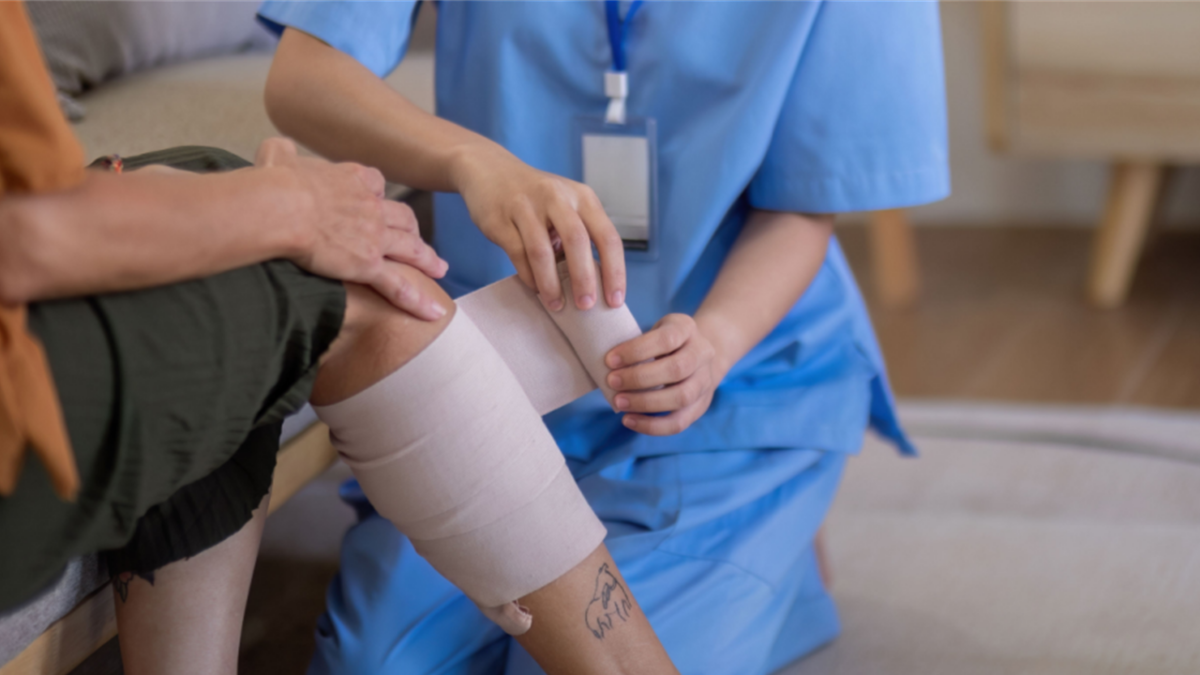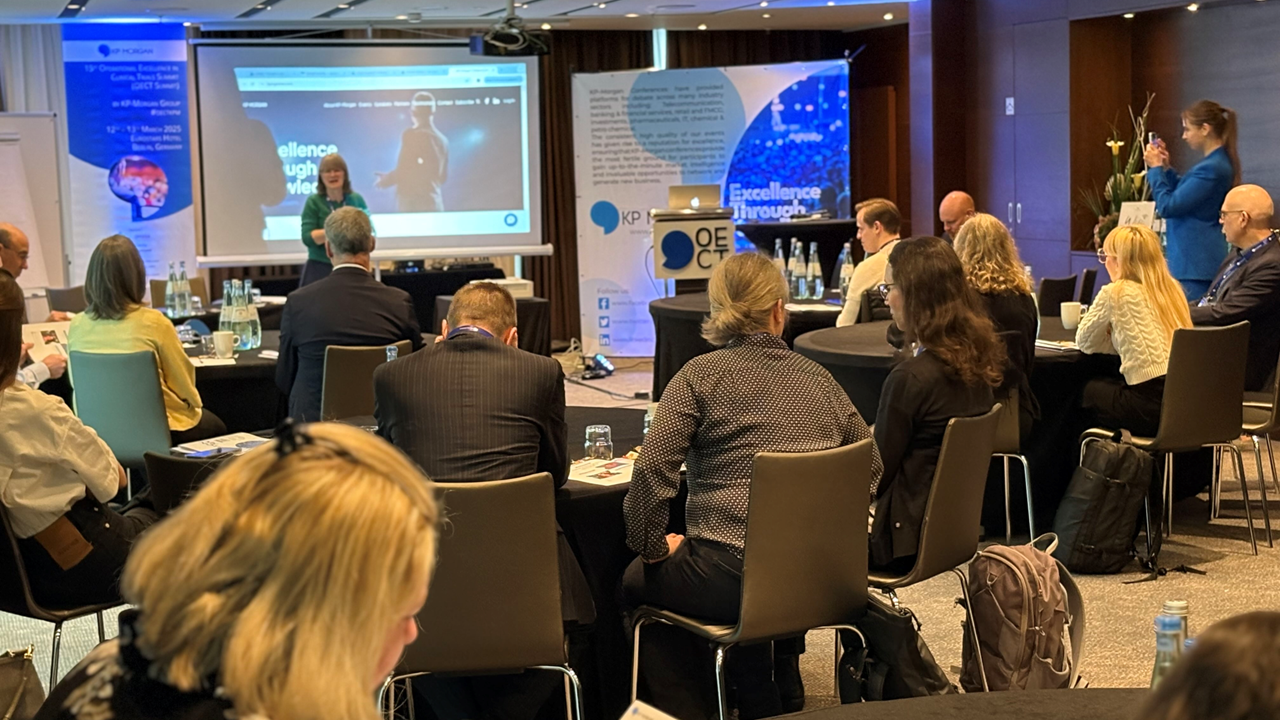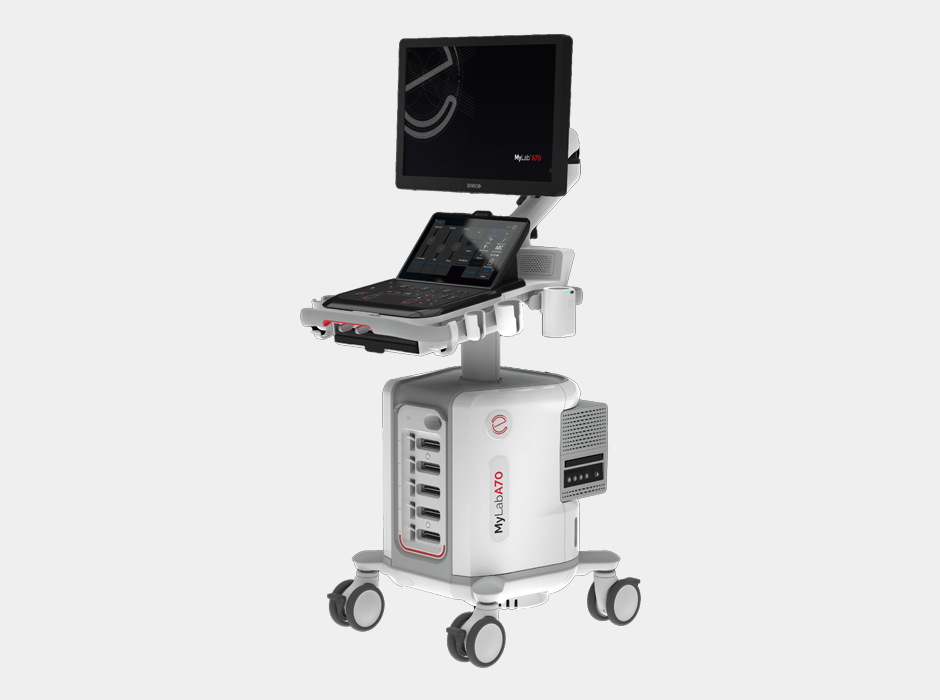Boston Scientific has issued an urgent recall of some of its Accolade pacemakers following reports of malfunctions that have been tied to two patient deaths.
The company said the recall affects a subset of Accolade pacemakers, which include Proponent, Essentio and Altrua 2 dual chamber (DR) standard life (SL) and R extended life (EL) pacemakers.
Also included are the Visionist and Valtitude cardiac resynchronization therapy pacemakers (CRT-Ps).
Together, the models represent about 13 percent of devices from the Accolade family manufactured before September 2018.
The recall was initiated after reports surfaced of device malfunctions that resulted in two deaths. Additionally, other patients experienced complications, such as device failure during critical moments.
According to Boston Scientific, the affected devices may experience battery-related issues that could lead to sudden power failure.
Specifically, a malfunction can activate safety mode on the devices during telemetry or other normal, higher-power operations.
XTALKS WEBINAR: AI in the Workplace: How to Reskill and Train Your Team
Live and On-Demand: Tuesday, January 14, 2025, at 1pm EST (10am PST)
Register for this free webinar to join researchers in a discussion about preparing for the artificial intelligence (AI)-powered future of work. Attendees will gain insights into recent research on how AI is expected to transform workplace environments, and more.
Boston Scientific traced the issue to a battery production method previously employed by certain manufacturers, which could lead to increased battery impedance. This may cause tasks such as data transmission to drain the battery prematurely. As a result, the device might attempt multiple resets, potentially activating its limited safety mode.
The devices can still deliver therapy while operating in permanent safety mode. However, they function under a set of backup parameters that may not align with a patient’s specific cardiac programming or heart rhythm and rate requirements.
Additionally, the battery life in safety mode may be shorter than anticipated. There is also an increased risk of permanently entering safety mode due to the battery underpowering the system.
Boston Scientific has advised that any device entering safety mode should be replaced promptly.
The defect may go unnoticed during routine monitoring, putting patients at risk of sudden device failure. In critical cases, this could result in loss of pacing support, potentially leading to life-threatening complications.
According to Boston Scientific, approximately 70 percent of the safety mode events occurred during clinic visits while the device was connected to a Latitude programmer.
The company said it is currently developing a software update for its Accolade and Latitude hardware to help detect the onset of a high-impedance battery state. This will alert providers before the pacemaker goes into safety mode.
Boston Scientific also said there are no remaining devices within the advisory population available for implantation.
Related: IPV Therapy Device Recall: Phasitron 5 Breathing Circuits Withdrawn
In the safety communication for the recall, the US Food and Drug Administration (FDA) said it is closely working with Boston Scientific to investigate the potential risks.
The FDA has not issued a classification for the recall yet.
Symptoms of potential device failure include dizziness, loss of consciousness, fatigue or sudden changes in heart rhythm.
Patients with the affected pacemakers are advised to contact their healthcare providers promptly.
Patients and physicians can only detect if the safety mode has been triggered through office visits or through remote monitoring, according to the agency’s notice.
The agency is encouraging remote monitoring as it allows providers to receive regular updates, including a safety mode alert, from the devices.
If remote monitoring isn’t an option, the FDA said patients should discuss an in-office monitoring schedule with their healthcare provider to help ensure their device is working properly.
Despite only affecting a subset of Accolades, the FDA said it is working with Boston Scientific to evaluate the potential risk of the issue in all Accolade pacemaker devices.
Healthcare providers are being asked to potentially consider replacing Accolade devices not affected by the recall early in some patients after assessing the risk.
If you want your company to be featured on Xtalks.com, please email [email protected].












Join or login to leave a comment
JOIN LOGIN